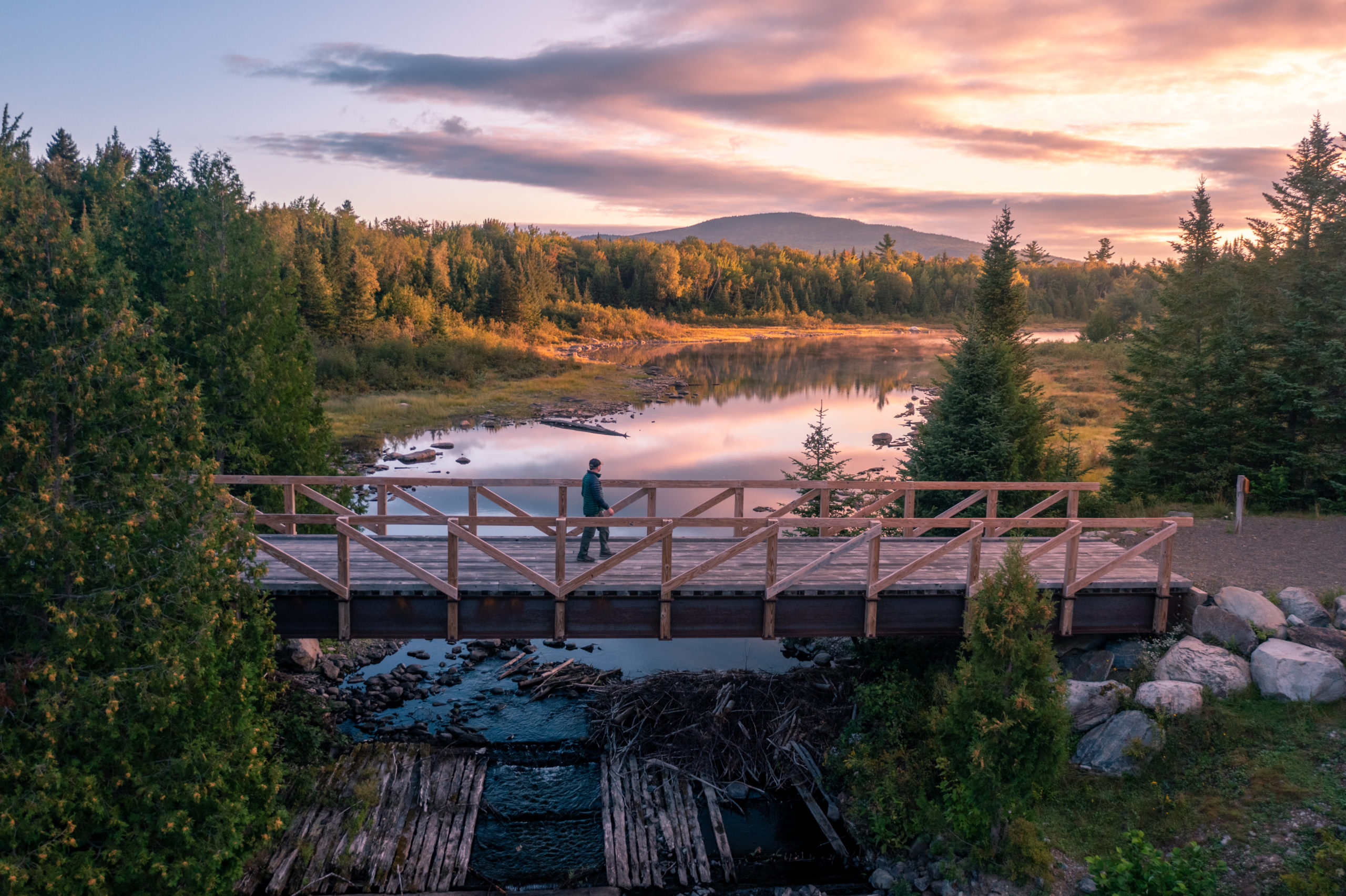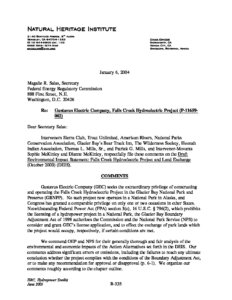Vote for the Outdoors

Jamie Malcolm Brown | Sunrise in the Maine Woods.
This November 8, your vote matters. We hope you’ll take the time to exercise your right to have your voice heard. And before you cast your vote, we encourage you to research your candidates’ positions on the environmental issues that matter to you.
It’s not a presidential election year, and historically that has meant that fewer Americans vote. In 2018, only 53 percent of eligible Americans voted in the general election. While this was the highest midterm turnout in four decades, nearly half of all prospective voters declined to make their voices heard. And research shows that not enough Americans who care about the environment consistently vote.
To some environmentalists, it might seem that presidential elections are the only ones that matter for crucial issues like climate change. While it’s true that the presidential election is important, all federal, state and even local elections are important: decisions affecting land, rivers, recreation, and climate are made at each of those levels. This November’s elections will determine the representatives for all 435 U.S. Congressional districts and more than a third of the Senate.
These candidates’ stances on environmental issues matter for our climate future, recreational access, forest and mountain protection, and science that informs air and water quality. And the federal government owns about 28% of land in the United States. The legislative and executive branches play important roles in how those lands are designated and managed.
At the state level, elected officials determine land management decisions, budget allocations for environmental programs, and other laws and initiatives that can make a real difference for the outdoors. For example, in recent years:
- Massachusetts and New York have significantly increased their budgets for open space and recreation. In Massachusetts, this year’s budget also included a new $1.3 million dedicated to environmental justice.
- In 2020, Maine adopted Maine Won’t Wait, one of our region’s strongest climate action plans.
- Most states in our region have signed onto consortiums such as the Regional Greenhouse Gas Initiative, which fosters interstate policies for pollution control and recognizes that air pollution doesn’t stop at state borders.
Local elections matter, too. County and municipal officials and the staff they hire make decisions affecting zoning, open space management, and recreation access. The national Land and Water Conservation Fund’s State and Local Assistance Program provides funding to improve or create local recreation areas, but municipal officials play an important role in applying for the grants and providing matching funds.
Make a Plan to Vote
Not sure where to start? Our online voter tool is designed to guide you through the steps to cast your vote in this year’s election.
Step 1: Make Sure You’re Registered to Vote
Check your registration status, and register here.
Step 2: Request a Mail-In or Absentee Ballot
If voting in person is not an option for you, or you would prefer to vote by mail, use the link in our voter tool to request a mail-in or absentee ballot. Make sure to check when the deadline is for mailing in or dropping off your absentee ballot. This will differ from state to state.
Step 3: Learn About Your Candidates
AMC is a non-partisan organization, and we don’t endorse candidates. We support laws and policies that protect our land, air, and water, and ensure that all people have equitable access to these resources.
As you research the candidates who will appear on your ballot this November, we urge you to evaluate their commitment to:
- science & addressing climate change
- land, air, and water protection
- equitable access to the outdoors and creating high-quality parks and trails
- a clean energy future
Step 4: Find your Polling Place
If you are voting in person, our voter tool allows you to check where to cast your vote. Many states offer early voting, so please check the dates and locations for early voting polls as well.
Step 5: Arrange Transportation
If you’re uncertain about how you can get to the polls, consider requesting a mail-in or absentee ballot.
If you are voting in person, make a plan for how you will travel to your polling location.
Step 6: Encourage Others to Vote
Help us encourage others to vote by sharing this voting guide on social media or talking to your friends and family about their voting plans. Together, as voters, we make the future.
Use our voter tool to check your registration status and make your plan to vote.
The post Vote for the Outdoors appeared first on Appalachian Mountain Club.


